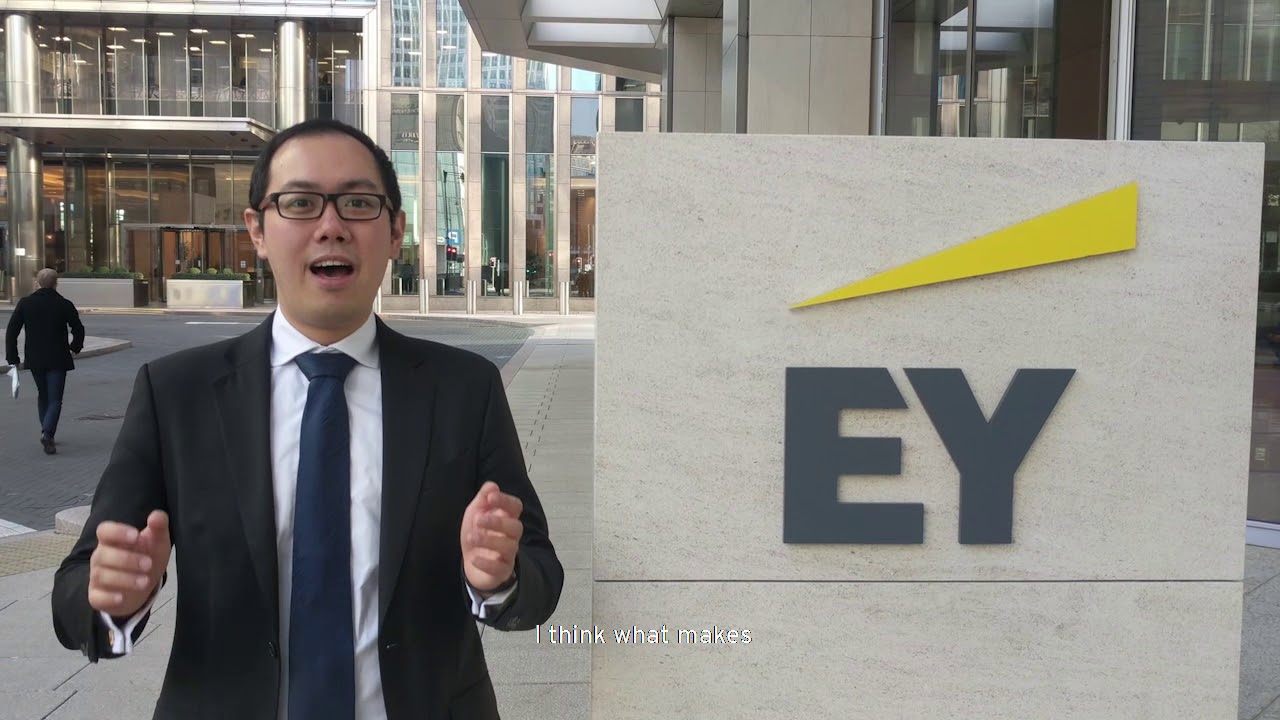
Oracle is one of the most popular names in IT. This multinational computer technology company is based out of Austin, Texas. By 2020, it was the third-largest in the world. It employs over 33,000 people worldwide and has become one of most popular IT consulting businesses in the world. But did you know that you can join the company as a junior developer? You can read on to find out more.
Find a job
The attributes start, repeat_interval (and end) are added to the job object when you use the CREATE JOB command. These attributes are used to determine when a job should run again. If you want to schedule multiple jobs, you will need to specify a start time. You can set the repeat_interval attribute using the DBMS_SCHEDULER and Enterprise Manager package procedures. Calendaring syntax can be used to set the time zone for each run.
Once you have created a job, you can specify its arguments. These arguments can override any default value for a program argument, or they can specify the value for a program argument. This is critical when a job refers only to an inline procedure or stored operation. Before enabling the job, specify the value of each argument. It is important to realize that the job object could refer to multiple destinations.

Register for a job
The 'job oracle feature is a great way to schedule a job. The 'job oracle' feature allows you to create a new position and set it as recurring. However, this requires that you specify a time frame for the job to run. You can also set a complex repeat interval, such as every Monday at 3 a.m., except for public holidays, or every last Wednesday of a business quarter.
The process is made easier by specifying a repeating interval. The scheduler will record the next scheduled operation in a timestamp which contains the time zone. This time zone is retrieved from the start_date parameter in the calendaring syntax. To read more about how to use the start_date parameter, see Oracle Database PL/SQL Packages and Types Reference. You can modify the schedule by setting a repeat interval.
Don't lose a job
How to Drop a job in Oracle? There are many options to let go of your job at Oracle. A common method to do this is the DROP_JOB operation. This will let you drop job classes and child jobs. You can also quit a job if it fails. The DROP_JOB process supports both the deferred and forcible options. Make sure to fully understand the consequences of dropping a job.
The SET_ATTRIBUTE procedure can be used to set the event-specific attribute for jobs that are event-based. For this purpose, you will need to set the event_spec attribute. If the destination is not specified, the job will be executed on the host that it was created. When the job has reached its maximum number of failed attempts or executions, it will be terminated. You can also specify the job's start and end dates using the event_condition or queue_spec attributes.

Analyze the job activity
To optimize your workforce, it is a good idea to create a strategy workforce plan. Analyzing the job can help identify potential hazards, improve working conditions, or identify future work needs. Often, federal and state laws regulate hiring and working conditions. An analysis of your job will allow you to ensure compliance with all regulations. Once you are clear about the areas you can improve, you can make changes to increase your efficiency.
Dependent on the job's complexity and the number of tasks, data may be required to track the employee tasks. A typical job can have up to 100 tasks. Tasks are grouped by difficulty, importance, and frequency. A doctor's office receptionist may have many duties. These include taking patient appointments, answering basic questions and maintaining records. A job analysis is a great way to help your organization identify the most important aspects of the position and cut costs.
FAQ
Why hire consultants?
You might need consultants for a variety of reasons.
-
An organization might have a particular problem or project that requires solving
-
You would like to improve your skills or learn new things
-
It is important to work with an expert on a subject area
-
There is no one else available to handle the task
-
You feel overwhelmed by all of the information out there and don't know where to start
-
You don't have the money to pay someone full time
A word of mouth referral is the best way you can find a competent consultant. Ask around to see if you know any good consultants. If you already know someone who works as a consultant, ask him/her for recommendations.
You can use online directories such as LinkedIn to find consultants in your local area.
What does it cost to hire an expert?
There are many factors that influence the price of consulting services. These include:
-
Project size
-
Time frame
-
Scope of work
-
Fees
-
Deliverables
-
Other considerations such as experience level, location, etc.
What qualifications does a consultant need?
Not only is it important to have an MBA but you should also have business consulting experience. You must have at least two years' experience working in consulting and/or training within a large company.
You must have worked closely with senior management teams on strategy development projects. This means you'd have to be comfortable presenting ideas to clients and getting buy-in.
A professional qualification exam, such as the Certified Management Consultant (CMC), of the Chartered Management Institute (CMI), is also required.
What types of contracts exist for consultants?
Most consultants sign standard employment agreements when hired. These agreements define the terms of the agreement, including how long the consultant is expected to work for the client as well as what he/she should be paid.
Contracts may also include details about the specific areas of expertise that the consultant is going to be focusing on as well as how they will be compensated. One example is that the agreement may specify that the consultant provides training sessions and workshops, webinars, seminars, or other related services.
Other times, the consultant simply agrees to complete specific tasks within a specified timeframe.
In addition to standard employment agreements, many consultants also sign independent contractor agreements. These agreements allow the consultant freedom to work without being paid.
How do I choose a good consultant?
There are three key factors to be aware of:
-
Experience - How experienced is this consultant? Is she a beginner, intermediate, advanced, expert, or something else? Does her resume demonstrate that she has the required skills and knowledge
-
Education – What did the person learn in school? Did he/she continue to take relevant courses after graduation? Do we see any evidence of this learning in the way he/she writes?
-
Personality - Do we like this person? Would we like him/her to work with us?
-
These questions will help us determine if the consultant is right to meet our needs. If the answers to these questions are unclear, it might be worth a first interview to get more information about the candidate.
What happens when the consultant finishes the job?
After the consultant completes the work, s/he will submit a final report detailing the results of their work. This report includes the deliverables and project timelines.
Next, you will review the report and determine if the consultant has met your expectations. If the report does not meet your expectations, you have two options: to request changes or to terminate the contract.
What can I expect of my consultant?
Once you select your consultant, you should expect to hear back from them within a few days. They will typically ask for information about the company, such as its mission, goals. products and services. budget. After receiving this information, they will prepare a proposal outlining their scope of work, estimated timeline, fees, deliverables and milestones.
If all goes well, the parties will then negotiate a written agreement. The terms of the contract will depend on the type of relationship between the two parties (e.g., employer-employee, employer-independent contractor).
If everything goes smoothly, the consultant can begin work immediately. You will have access both to your documents and internal resources and the consultant's skills and knowledge.
You shouldn't assume, however, that every consultant is an expert in all areas. It takes effort and practice to become an expert in whatever field you consult. So, don't expect your consultant to know everything about your business.
Statistics
- "From there, I told them my rates were going up 25%, this is the new hourly rate, and every single one of them said 'done, fine.' (nerdwallet.com)
- According to statistics from the ONS, the UK has around 300,000 consultants, of which around 63,000 professionals work as management consultants. (consultancy.uk)
- Over 62% of consultants were dissatisfied with their former jobs before starting their consulting business. (consultingsuccess.com)
- WHY choose me: Why your ideal client should choose you (ex: 10 years of experience and 6-week program has helped over 20 clients boost their sales by an average of 33% in 6 months). (consultingsuccess.com)
- According to IBISWorld, revenues in the consulting industry will exceed $261 billion in 2020. (nerdwallet.com)
External Links
How To
What Does A Typical Day For A Consultant Look Like?
Depending on what type of work you do, your typical day may vary. However, the majority of your day will consist of research and planning, meeting clients and preparing reports.
Meetings are a common way to discuss problems and issues with clients. These meetings can be conducted over the phone, by email, face-to-face, or online.
It is possible that you will be asked to write proposals. These documents outline your ideas and plans, and are required by clients. These proposals will be presented to clients by you and a mentor.
You will need to create content after all your planning and preparation. Writing articles, designing websites, editing photos or conducting interviews are just some of the options.
Based on the scope and complexity of the project you may need research to obtain relevant statistics. This could include finding out how many customers your company has and whether they purchase more than one product.
Once you have enough information, it is time to present your findings and conclusions to clients. You may give your findings orally or in written form.
Finally, you must follow up with clients after the initial consultation. You might contact them regularly to check on their progress or send them emails to confirm they have received your proposal.
Although it takes time, this process is worth it. It's also important to keep your eyes on the prize and maintain good relations with clients.